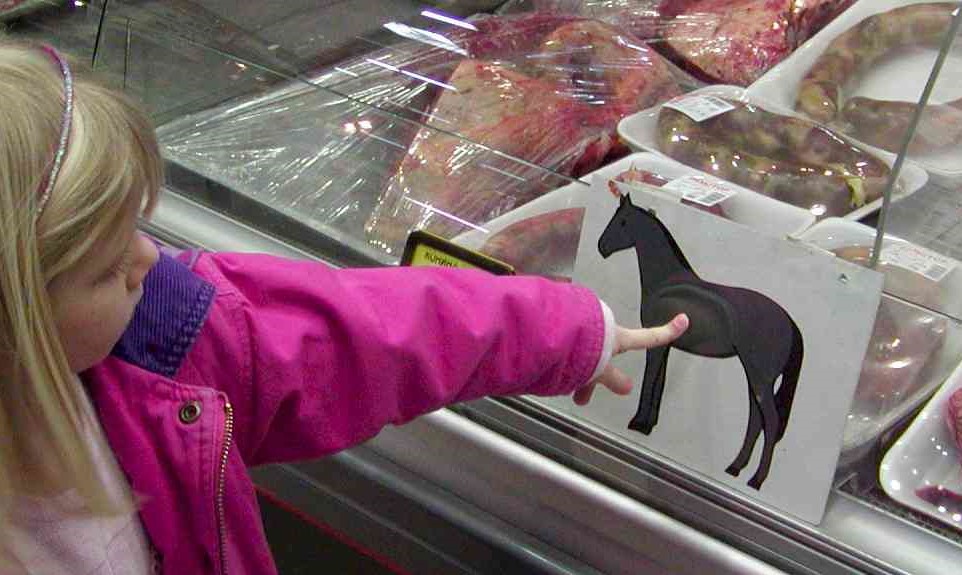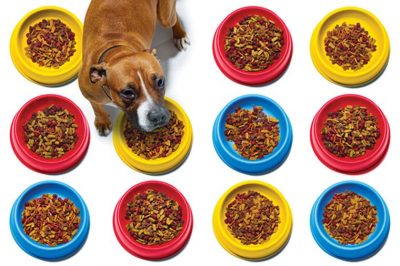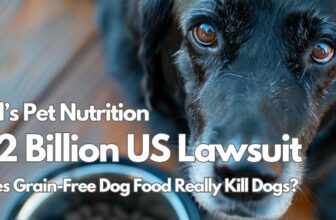
21 dogs have died in Australia (61 reported poisoned) from pet meat sourced from Maffra Knackery, Gippsland, Victoria.
Indospicine toxicity from horse meat is being investigated as the cause, from a consignment of horses sourced from NT into Victoria.
Meat sold as “beef” or “kangaroo” by Maffra Knackery (also trading as Backman’s Greyhound Supplies) sold between 31st May and 3rd July fresh/frozen/cooked should not be fed, and it is advised any feeders of pet grade meat, particularly sourced in Victoria, investigate the source of the meat.
PrimeSafe and Agriculture Victoria continue to investigate. Indigofera toxicity, sometimes known as Birdsville disease, is known to affect horses in tropic/subtropic regions of Australia.
Many pet meats sold in pet stores are labelled as human grade and are safer to feed than pet grade meats sold without guarantees.
Please use caution.
Statement from Agriculture Victoria and PrimeSafe (30th July 2021)
PRIMESAFE AND AGRICULTURE VICTORIA STATEMENT INDOSPICINE IN PET MEAT – WARNING TO DOG OWNERS
Test results have confirmed pet meat processed at the Maffra & District Knackery Pty Ltd of Wombat Road, Boisdale, also known as Maffra District Knackery, as the source of indospicine, which caused the recent cluster of liver disease and dog deaths in Victoria.
Horse meat is emerging as the focus of the investigation into the indospicine toxin found in pet meat products.
Indospicine is a toxin to which dogs are especially sensitive.
PrimeSafe and Agriculture Victoria are now aware of a consignment of horses that came to Victoria to be processed for pet meat from the Northern Territory where the Indigofera plant that contains indospicine is known to grow.
Given the difficulties identifying indospicine in pet meat, dog owners are reminded that they should not feed their pet any fresh or frozen raw pet meat sourced from Maffra District Knackery between 31 May and 3 July.
All kinds of pet meat fitting that description should be considered at risk of indospicine contamination, due to the blending of pet meats, including products described as beef and kangaroo pet meat.
Pet meat that is contaminated with indospicine may still remain in circulation, despite voluntary withdrawals by the pet meat processing facility and recalls by pet meat retailers.
Businesses and dog owners are encouraged to check the source of their pet meat. If unsure, owners are advised to contact their pet meat supplier to check where and when their pet meat was sourced. Some products will be labelled as Maffra District Knackery and Backman’s Greyhound Supplies. After initial distribution, the pet meat could have been processed into a variety of products making identification of all affected pet foods difficult.
Since the end of May, government agencies have been made aware of 61 affected dogs, of which 21 have died. These cases are predominantly in Bairnsdale, Traralgon, Mornington Peninsula and eastern suburbs of Melbourne areas to date.
On 23 July, indospicine was confirmed as the toxin causing the illness and deaths.
Indospicine is a toxin found in native plants of the Indigofera species across Australia, but the species that produces high levels of the toxin is found in northern Australia. Indospicine has been previously shown to build up in the tissue of some grazing animals when they continue to eat these plants and dogs are especially sensitive to the toxin.
Indospicine toxicity had not previously been reported in Victoria but has been reported in northern Australia when dogs eating horse or camel meat were affected. In Victoria, horses may be transported to a PrimeSafe licensed knackery where they may be processed for use as pet food in accordance with the Australian Standard for the Hygienic Production of Pet Meat.
Testing and gathering information continues, and is now focusing on identifying any further distribution of the indospicine contaminated pet meat, and on gathering lessons from this rare event.
Dog owners should always seek prompt advice from their private veterinarian if their dog demonstrates any concerning signs including sudden loss of appetite, lethargy or jaundice in a previously heathy animal.
Veterinarians seeking to report cases or for further advice should speak with their local Agriculture Victoria Animal Health or District Veterinary Officers or call the Customer Contact Centre on 136 186.
There are no indications of any risk to human health nor of human food safety issues associated with these cases to date. There are strong food safety regulatory controls in place to prevent pet meat entering the human food supply.
To contact PrimeSafe, visit www.primesafe.vic.gov.au/contact-us





